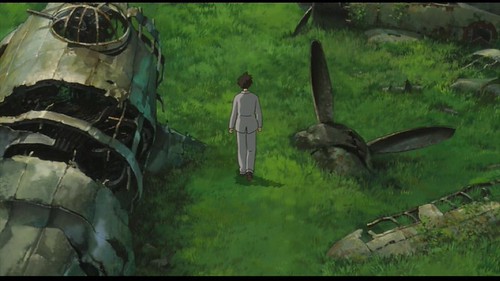by Matt McKenna
James Bond, like most action heroes, is a conservative protagonist. Even as the other characters in the film–both friendly and hostile–deride 007 for sticking with his outmoded methods of problem solving (blowing stuff up, shooting everybody, etc.), Bond stoically carries on, winning the day without the expectation of apologies from his doubters much less thanks from those he saves. Of course, Bond's attitude makes a lot of sense for an action movie hero. Instead of shooting down aircraft to stop nefarious organizations, can you imagine the snorefest that would ensue if Bond attempted to solve problems diplomatically? Thankfully, director Sam Mendes stays true to the franchise's legacy in his second Bond film, Spectre. While the movie drags towards the end, especially during the perfunctory scene in which the villain (Christoph Waltz) blathers exposition while torturing Bond (Daniel Craig), the opening action sequence alone warrants the price of admission. If you can manage it, the best viewing strategy is to buy a matinee ticket for Spectre then clandestinely head into another auditorium to see a better movie immediately after the helicopter fight scene ends. I realize this plan may go against movie theatre policy, but don't you think it's quite Bond-like?

